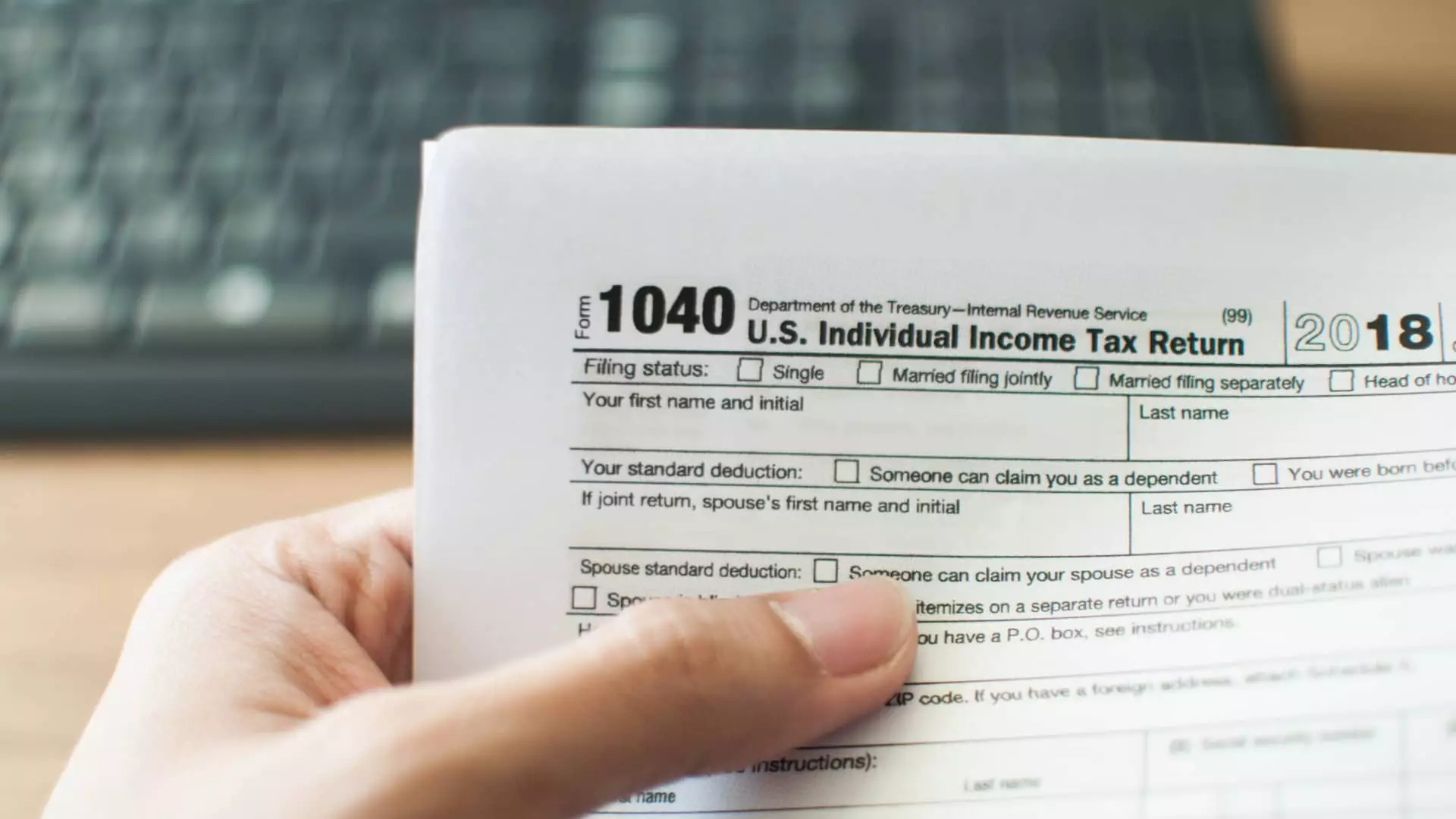As the tax deadline rapidly approaches, taxpayers are urged to remain vigilant against tax scams that aim to steal personal and financial information. Last year alone, the IRS received over 294,000 complaints of reported identity theft, totaling more than $5.5 billion in tax fraud. With the IRS processing millions of federal returns already this season, it is crucial for taxpayers to take precautions to safeguard their sensitive information while filing their taxes.
Be Cautious of Suspicious Emails, Calls, and Texts
One common tax scam to watch out for involves receiving unsolicited emails, calls, or texts from unknown sources offering to help assess potential tax savings or obtain a larger tax refund. These scammers often request personal information under the guise of providing financial assistance, leading to identity theft and fraudulent activities. Jennifer Hessing, fraud analytics director at Wells Fargo, advises taxpayers to be wary of providing personal information to unfamiliar entities, especially when promised quick and easy refunds.
Another prevalent tax scam targets taxpayers by posing as legitimate tax or financial organizations, seeking valuable personal and financial data that can be exploited for illicit purposes. In some cases, scammers may encourage setting up an online account on IRS.gov to expedite the tax filing process, requesting sensitive information such as Social Security numbers and photo IDs. These details can be used to file fraudulent tax returns, open unauthorized credit accounts, or secure loans, emphasizing the importance of safeguarding personal information.
A deceptive tactic known as the “ghost tax preparer” involves preparing tax returns without signing or providing essential identification details. This scheme aims to deceive taxpayers into unknowingly disclosing personal and financial information, which can be misused for fraudulent activities. Los Angeles-based certified public accountant Miklos Ringbauer warns taxpayers to scrutinize their prepared returns for missing or self-prepared statements in the paid preparer section as a red flag for potential scams.
As the tax deadline approaches, taxpayers must remain cautious and vigilant against various tax scams that seek to exploit their personal and financial information. By adopting preventative measures such as avoiding suspicious solicitations, refraining from sharing sensitive data online, and verifying the credibility of tax preparers, individuals can protect themselves from falling victim to fraudulent activities. Remember, when it comes to safeguarding your financial well-being, it is crucial to stay informed and proactive in defending against tax scams.

